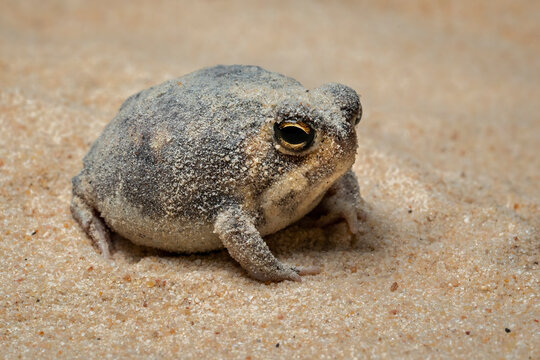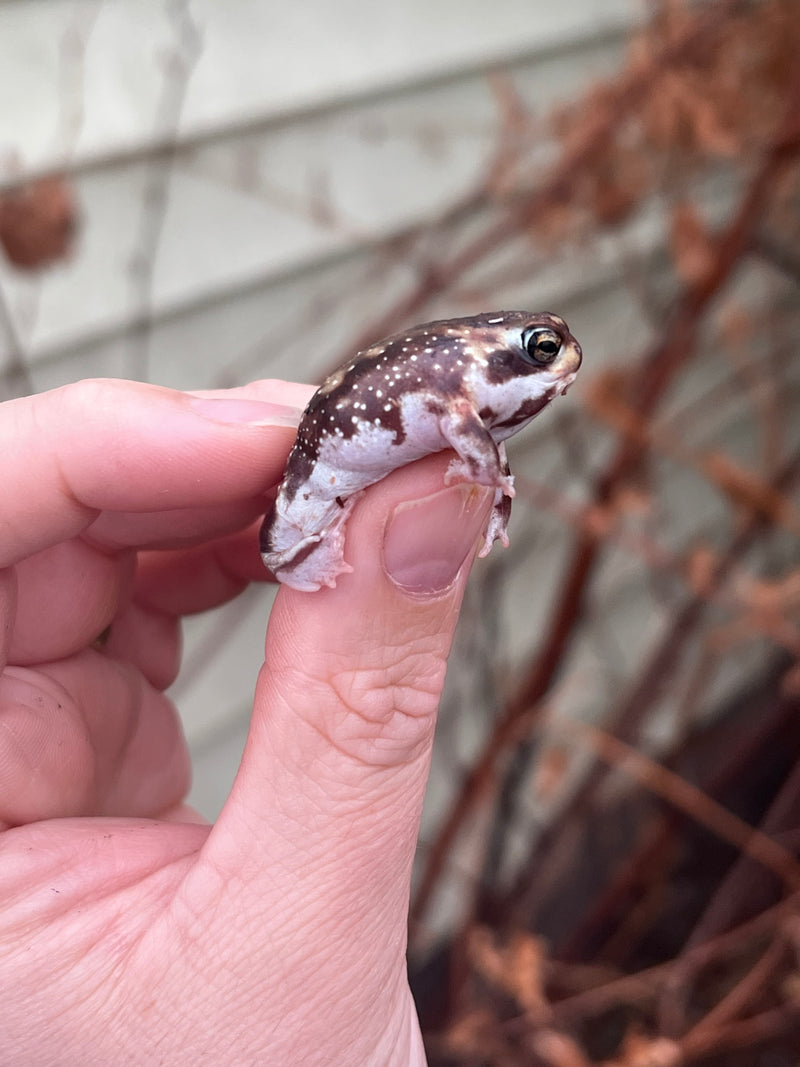Common Wellness Issues in Reptiles: Signs And Symptoms and Solutions
In the complex world of reptile treatment, understanding the usual health and wellness issues that might impact these distinct animals is vital in ensuring their health. Whether it's grappling with parasitic problems, navigating dehydration worries, or addressing skin ailments that show up in subtle means, being attuned to the signs and symptoms and geared up with the expertise of effective options is vital for any kind of reptile owner.
Respiratory System Infections
Respiratory infections in reptiles can considerably affect their general health and call for timely interest from skilled veterinarians. In reptiles, breathing infections can be especially challenging to diagnose and treat due to their distinct anatomy and physiology.
Therapy for breathing infections in reptiles normally includes a combination of encouraging care, such as keeping appropriate humidity degrees and temperature level slopes in the room, in addition to targeted medication to address the details pathogen in charge of the infection. It is critical for reptile owners to check their family pets closely for any kind of signs of breathing distress and seek vet care at the earliest indication of an issue. With timely treatment and ideal therapy, many reptiles can recover completely from respiratory infections and return to normal activities.

Metabolic Bone Condition
What elements add to the growth of Metabolic Bone Disease in reptiles?
Metabolic Bone Condition (MBD) in reptiles is mostly caused by a lack of proper calcium, phosphorus, and vitamin D3 levels in their diet regimen. Furthermore, inadequate direct exposure to UVB light stops reptiles from synthesizing vitamin D3, which is critical for calcium absorption and bone health and wellness.
Not enough humidity degrees can likewise influence a reptile's ability to metabolize calcium effectively. Regular vet examinations, proper husbandry methods, and a balanced diet are crucial to avoid Metabolic Bone Disease in reptiles.
Parasitical Invasions
Parasitical infestations present a considerable wellness risk to reptiles, influencing their general well-being and needing punctual veterinary attention. Reptiles can be impacted by numerous parasites, consisting of mites, ticks, internal worms, and protozoa. These parasites can cause a variety of symptoms, such as fat burning, lethargy, skin irritability, diarrhea, and even death if left untreated.
One typical bloodsucker discovered in reptiles is the mite, which can cause skin irritation, stress, and anemia. Ticks are one more exterior bloodsucker that can cause and transmit diseases discomfort to the reptile. Internal bloodsuckers like worms and protozoa can cause digestion concerns, lack of nutrition, and weaken the reptile's body immune system.
To diagnose a parasitic infestation, a veterinarian may carry out fecal tests, skin scrapings, or blood tests. Treatment usually entails deworming drugs, antiparasitic bathrooms, or in severe instances, a hospital stay. Preventative actions such as regular veterinary check-ups, proper hygiene, and quarantine treatments for new reptiles can help minimize the risk of parasitic infestations and make certain the health of reptile pets.
Dehydration and Hydration Issues
Dehydration in reptiles can considerably impact their health and health, demanding prompt intervention and ideal hydration administration. Reptiles are prone to dehydration due to numerous aspects such as poor water intake, high environmental temperature levels, and specific health and wellness conditions. Signs and symptoms of dehydration in reptiles consist of sunken eyes, sleepiness, loss of skin elasticity, and minimized urination. If left neglected, dehydration can result in serious wellness problems and even be deadly to the reptile.
To prevent dehydration, reptile proprietors should guarantee that their animals have accessibility to tidy water in all times. The water recipe should be big sufficient for the reptile to take in if required, especially for types that soak up water with their skin. Furthermore, keeping correct humidity levels in the reptile's unit and giving normal baths can assist protect against dehydration.
In situations of dehydration, it is essential to look like it for vet treatment immediately. A veterinarian may carry out liquids either by mouth or through injections to rehydrate the reptile. It is essential to address the underlying reason for dehydration to prevent recurrence and ensure the reptile's general health.
Skin Disorders

Conclusion

Respiratory infections in reptiles can dramatically impact their overall wellness and need prompt attention from skilled vets (rain frog for sale). Preventative measures such as normal veterinary exams, correct health, and quarantine treatments for new reptiles can assist decrease the risk of parasitical infestations and ensure the wellness of reptile pets
If left unattended, dehydration can lead to major health issues and also be deadly to the reptile.
Regularly examining your reptile for any kind of modifications in skin texture, appearance, YOURURL.com or color can aid in very early discovery and treatment of skin conditions, advertising the general health and wellness of your scaly friend. - rain frog for sale
In final thought, reptiles are vulnerable to various health and wellness problems such as breathing infections, metabolic bone illness, parasitical infestations, dehydration, and skin disorders.